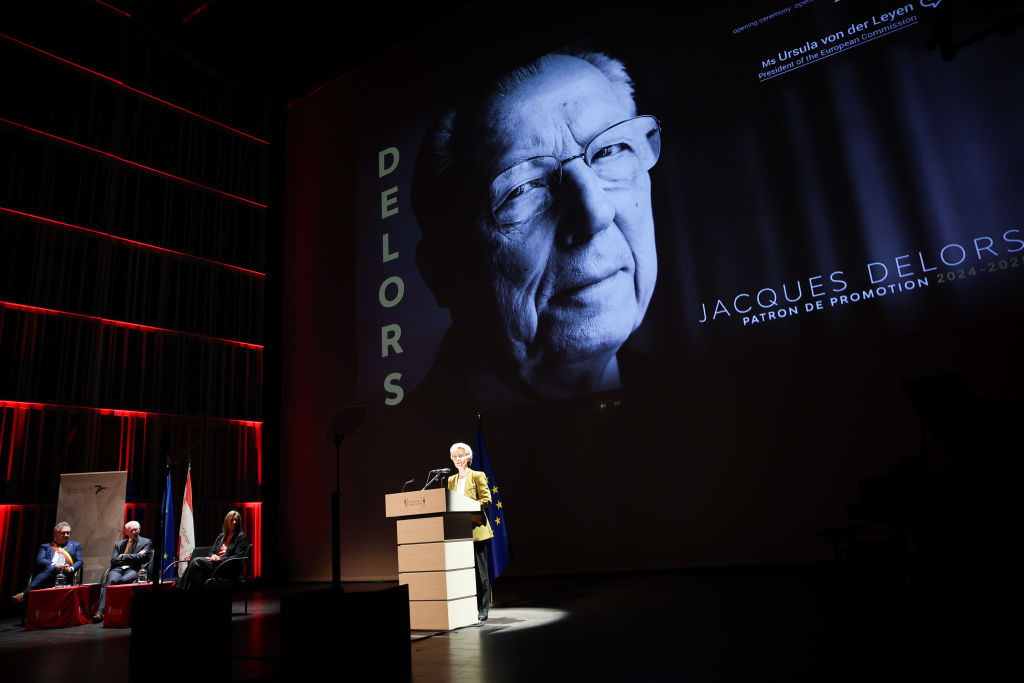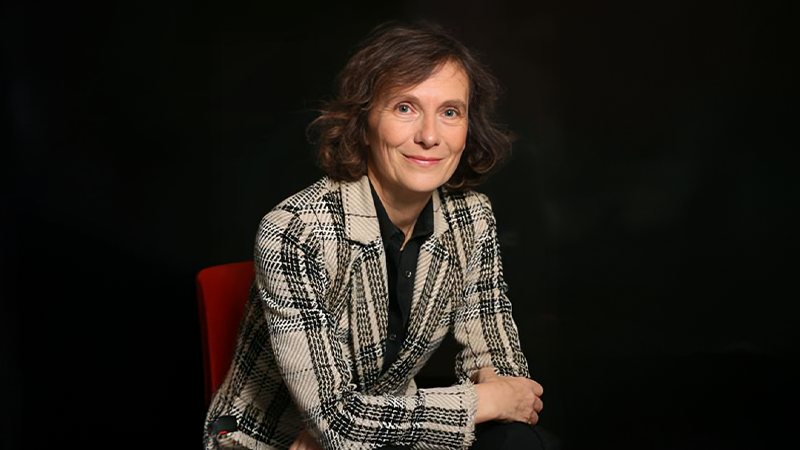The Brief – The Trump effect: Europe’s accidental brain gain
As Washington alienates talent, Europe could see an opportunity – and maybe even a plan.

As the Trump administration wages its war on trade and trust, Europe may quietly reap an unexpected reward: a wave of top-tier talent looking for safer shores, if they can afford it.
With its flip-flop trade policy, Washington is alienating talent. Investors are already starting to reassess where they put their money – and their minds. For some, Europe might just be the least bad alternative.
But the chaos doesn’t end at tariffs.
Trump’s crackdown on academic institutions – complete with threats to elite universities like Harvard over their intake of foreign students – could trigger a slow-motion brain drain.
The once-reliable pipeline of global researchers flowing into the US now looks precarious. And European countries, which are usually more reactive than opportunistic, are trying to get ahead of the curve.
Last month, a dozen EU countries urged the European Commission to devise a strategy for attracting researchers hit by political interference and “ill-motivated” funding cuts.
Both the Norwegian and Dutch governments are also moving quickly to abolish language barriers for post-docs.
In France, universities like Aix-Marseille Université, Université de Toulouse, and Paris-Saclay have unveiled programmes to host researchers endangered by ideological constraints after Trump’s rise to power. Brussels’ own Vrije Universiteit Brussel has launched a similar initiative.
Europe’s academic heavyweights, however, appear slower to react. Euractiv has reached out to big names like Sciences Po, the Technical University of Munich, and the College of Europe – none are planning to launch initiatives to host academics from the US.
But there’s a deeper structural problem: cash. If the EU wants to compete for global talent, it needs to invest in research and development.
So far, it is a far cry from where it needs to be.
In 2022, the US as a whole spent 3.4% of GDP into R&D. The EU is only just above 2% with wide disparities among member states by 2023 numbers.
The gap is especially stark when it comes to private sector contributions. In the US, business spending amounts to around €606 billion. By contrasts, European firms lag far behind, with nearly a third of that: €230 billion, according to the Commission.
So, Europe may be ready to welcome foreign talent – but might not have the budget to keep it.
But if current trends hold, the continent could be on the cusp of a quiet academic renaissance – one sparked not by brilliance in Brussels, but by blunders in Washington.
Roundup
Economy – The European Central Bank cut its key interest rate by 0.25 points Thursday, as inflation fears fade and global trade tensions weigh on Europe’s ailing economy.
Energy – Czechia, once part of the Soviet bloc, has fully switched to crude oil flows from Western Europe for the first time in six decades, Prague announced today.
Health – Cuts to aid budgets and slashed research investment – along with the stalled rollout of a so-called ‘miracle’ HIV prevention drug – may be putting millions of lives at risk from the disease up to 2030, according to health experts.
Across Europe
Italy – Giorgia Meloni has arrived in Washington for a crucial bilateral meeting with US President Donald Trump – but she’s carrying more than just Italy’s agenda.
Slovakia – The Slovak parliament has approved new legislation requiring NGOs to prepare a transparency report and disclose information on how they manage public funds.
France – After months of tensions, the French government hopes to restore peace in the countryside by being more lenient with growers who breach environmental laws.
(mm)







